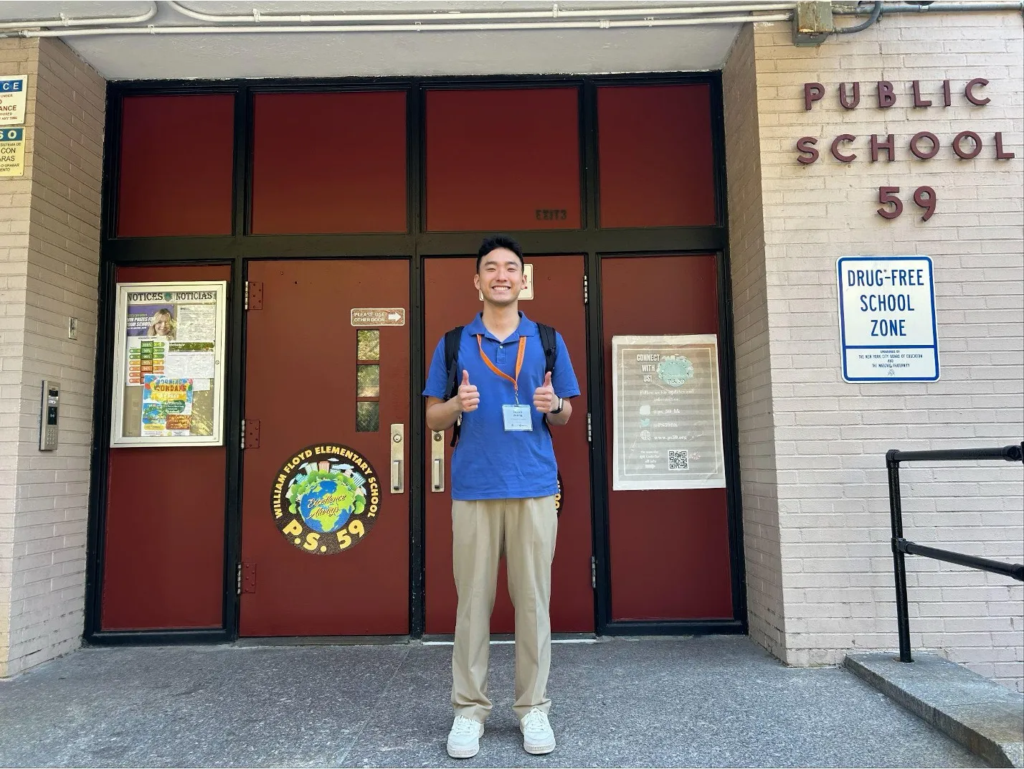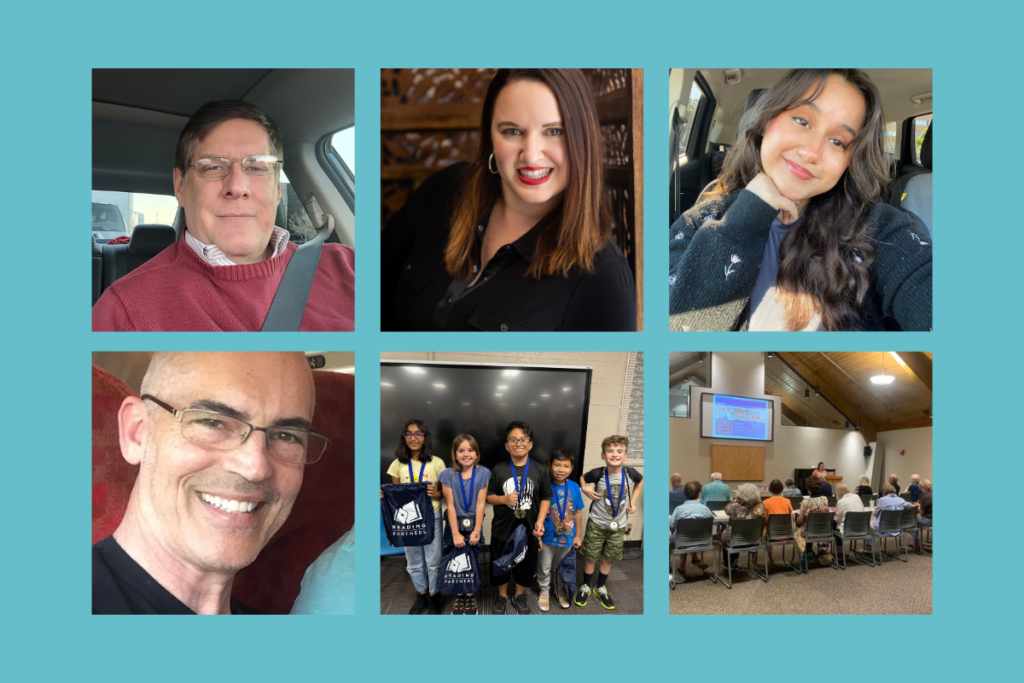Originally published by The Baltimore Sun
By: Jeffrey Zwillenberg, Carrie Greene
The next mayor of Baltimore, most likely Democratic primary winner Catherine Pugh, will face challenges of equity beginning day one of her administration. At the top of the list: an 8 percent unemployment rate, a 23 percent poverty rate and a 30 percent high school dropout rate. These statistics tell the story of a city rocked by deep divisions and suffering from systemic issues that require long-term solutions.
That leads us to the fundamental issue of kids being given a chance to succeed in life. We know that a child with strong reading skills stands a better chance of success across all subjects in school, is more likely to graduate on time and is more likely to succeed after high school.
Making strategic investments in reading early in the lives of our children pays dividends for a generation to come by equipping them with the tools they need for success in the classroom and beyond.
It’s indisputable and tragic that our children have already fallen far behind in literacy. Only 11 percent of Baltimore City fourth graders, and only 13 percent of eighth graders, are reading at grade level, according to the National Assessment of Educational Progress, also known as the Nation’s Report Card. When nine out of 10 fourth graders in our city do not have a firm grasp on the reading building blocks required to master all subjects, we have fundamentally failed to provide the most basic skills needed to succeed. Studies have shown us that a child who can read at grade level by the fourth grade is four times more likely to graduate on time.
What’s more, the reading gap in our schools overwhelmingly affects the students who have the most to gain from a strong educational footing: children from low income and minority communities. Roughly 90 percent of low-income fourth graders in our city are not reading at grade level, and the figure is virtually identical for both African-American and Hispanic fourth graders.
If we continue the status quo in which only 10 percent of low income and minority students can read proficiently, we will be reinforcing the cycles of poverty, incarceration, teenage pregnancy and unemployment that are often rooted in issues of educational inequity during childhood.
Service and partnership have a constructive role to play in closing the literacy gap. Recently, we celebrated National Volunteer Week and reflected on the different ways volunteering has worked to unite our city and give back to the most vulnerable among us. Every single day, hundreds of volunteers donate their time to help struggling readers in Baltimore City Schools, and we are eager and ready to see thousands more commit to improving educational outcomes in our city.
Since 2012, hundreds of city employees have been working alongside the community to serve as volunteers with Reading Partners in local elementary schools because of the Third Grade Reads tutoring initiative put in place by Mayor Stephanie Rawlings-Blake. The partnership is in its fourth year, and it is changing the lives of more than 800 children in 14 schools. The Baltimore Police Department‘s participation in the initiative is a key part of their 21st Century policing model. Right now, 40 officers are working one-on-one with the children in the communities they serve.
“This incredible partnership provides our children with the invaluable gift of reading and literacy and does an amazing job at assisting children who may be struggling,” Catherine Pugh told us while on the campaign trail. “It also provides our city employees the opportunity of ensuring the future is as bright as possible for the children of Baltimore. Reading opens the world of children up to endless possibilities. Not only will I continue the partnership as mayor, I look forward to participating.”
As our city searches for ways to solve challenges like generational poverty, crime and high dropout rates, partnerships between the community and public sector can have, and already have had, a significant impact. As people working every day to help students from our under-resourced communities who are a critical part of Baltimore’s next generation, we commend Ms. Pugh for pledging to continue the Third Grade Reads tutoring initiative. It is an important program that seeks to provide educational opportunity to hundreds and eventually thousands of Baltimore students by leveraging the power of community collaboration.
Jeffrey Zwillenberg (jeffrey.zwillenberg@readingpartners.org) is executive director of Reading Partners Baltimore, where Carrie Greene (carriegrn@gmail.com) is tutor advisory board chair.




